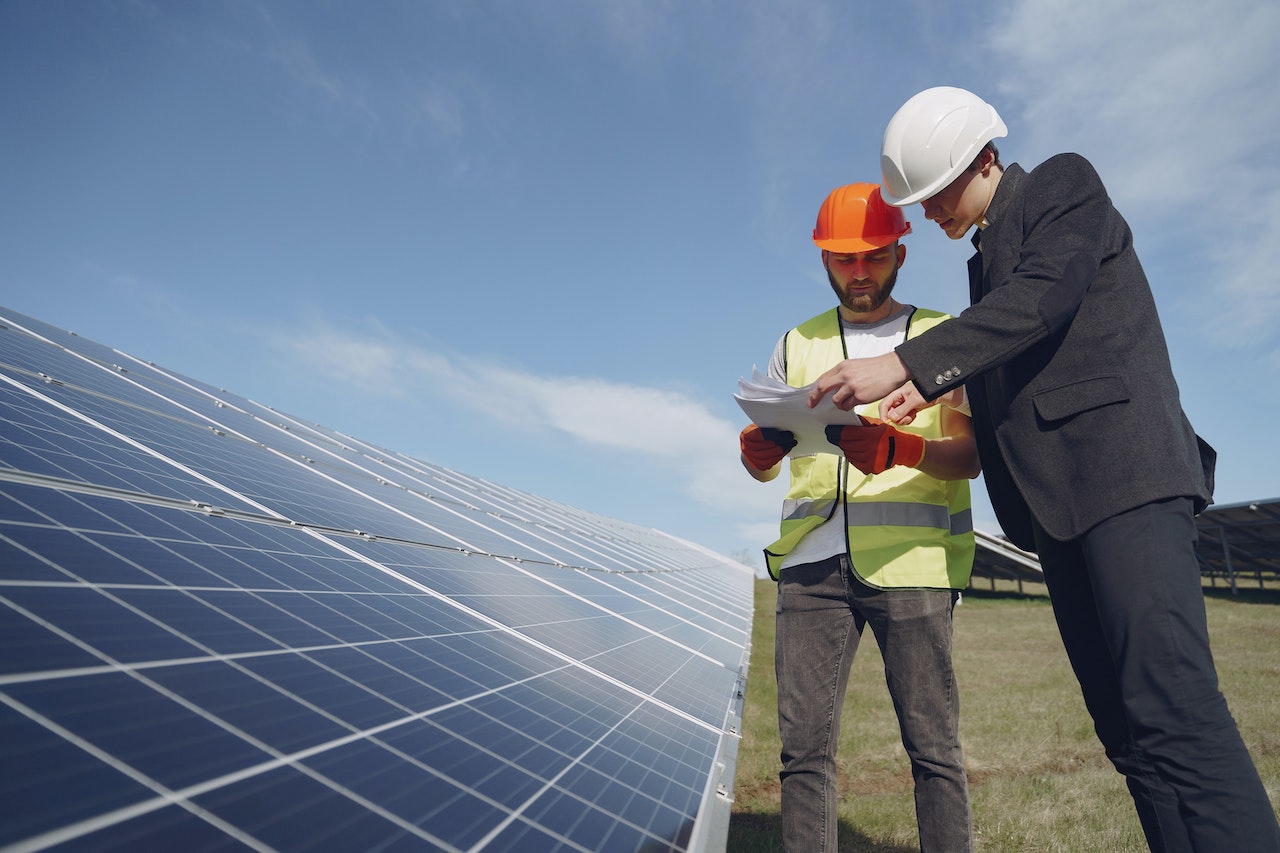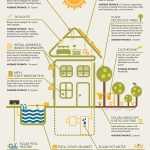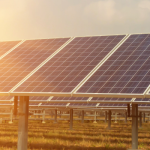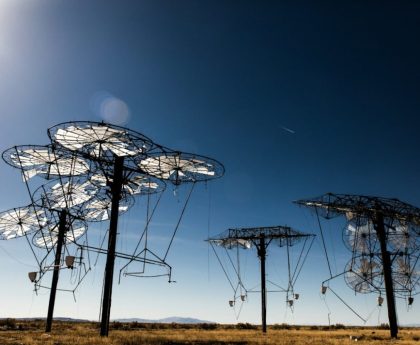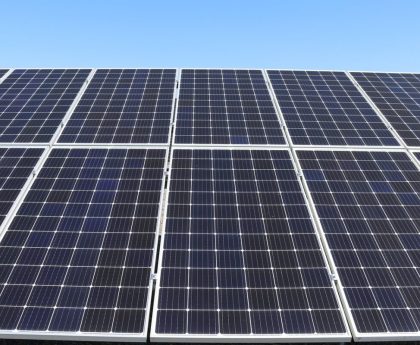Installing solar panels for your home is a relatively new and popular kind of home improvement that’s taking North America by storm.
Solar panels boost the value of your home and provide enough savings over time to pay for themselves –and yet so many avoid the prospect of doing so because it seems like such a daunting task.
Installing solar panels doesn’t have to be a nightmare; here are a handful of tips to make the process a little easier (and less scary) for the uninitiated.
With a little help, it isn’t difficult to size the system yourself, select components, or even mount and install solar panels, inverters, and appropriate safety disconnects.
The cost of your solar panel system will depend on electricity usage, which dictates how many solar panels you need. To start installing your very own home solar panels, there are nine things that you should consider:
Get help from a consultant
When it comes to installing solar panels at home, seeking the guidance of a knowledgeable consultant can make all the difference.
An experienced consultant will not only assist you in navigating the complex process but also help you avoid potential pitfalls and costly mistakes. Their expertise in assessing your energy needs, conducting site evaluations, and identifying the most suitable solar panel system for your home is invaluable.
With their assistance, you can ensure a smooth and efficient installation process, maximizing the benefits of renewable energy while minimizing any unnecessary expenses. Don’t underestimate the value of having a consultant by your side to provide expert advice and support throughout your solar panel journey.
Consider how much space you have available.
Before you begin to invest time and money installing your solar panels, consider how much space you have available for them.
Your historical electricity consumption will illuminate how many panels you’ll need –and then you’ll have to figure out where to put them. Will they all be on your roof, the ground, or a combination of both?
You must also study the sun’s movement and see if the location of your solar panels would get constant, reliable sunlight. Avoid placing solar panels in the shade or areas that have shadows from nearby structures throughout the day.
If you decide to have panels on the roof, you must check if your roof is durable enough to support the weight of the solar panel and its racks.
Calculate your energy needs.
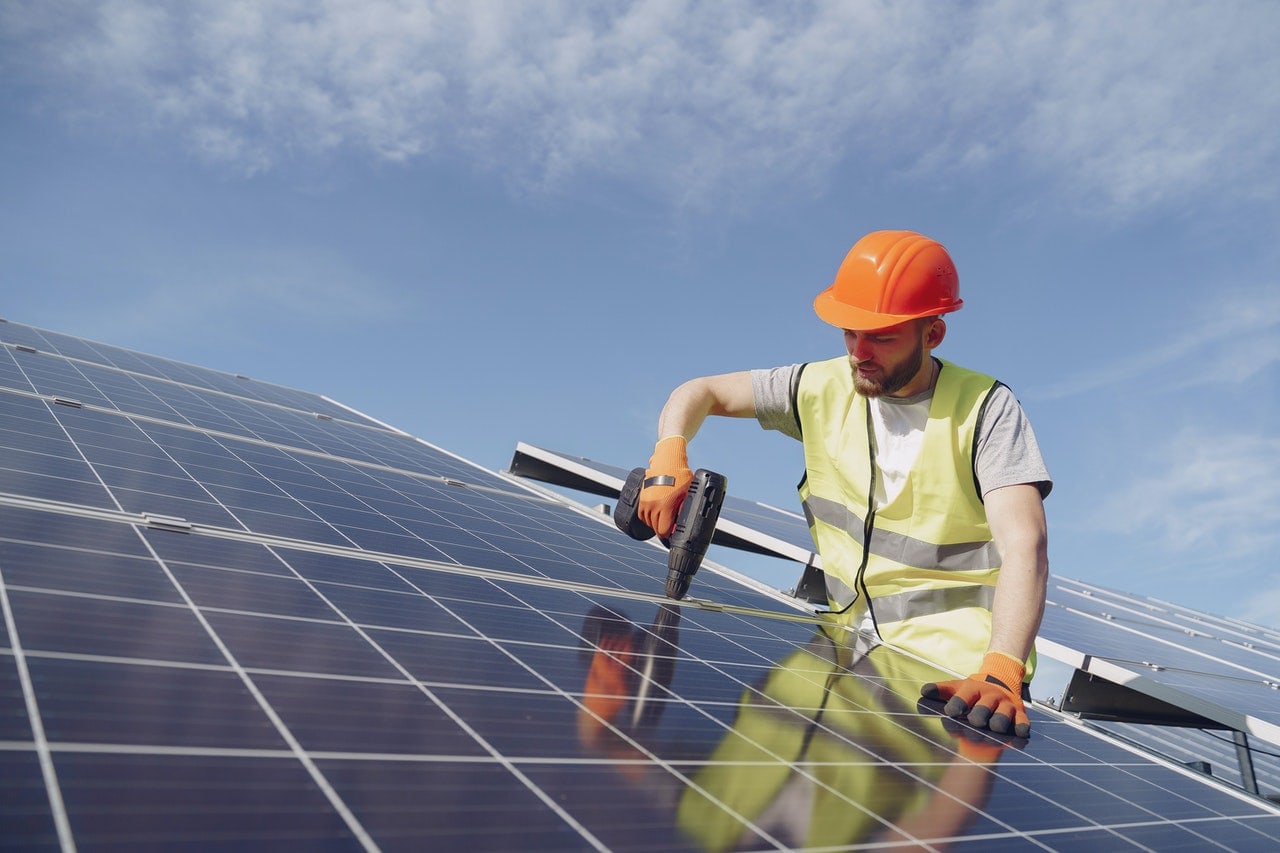
Before installing solar panels at home, it’s crucial to assess your energy consumption accurately.
Start by reviewing your electricity bills to find the average kilowatt-hour (kWh) usage. Consider seasonal variations in energy needs as well. This information will serve as a baseline for determining the size and capacity of your solar panel system.
Ensure that the energy you produce and store can meet your requirements.[irp posts=”46436″ ]
To make the most of your solar panel installation, ensure the energy you generate and store can handle your household’s demands, even during peak times.
Consider factors such as the number of occupants, appliances, heating and cooling systems, and any planned future expansions. By carefully evaluating your energy requirements, you can select the appropriate size and capacity of your solar panel system, ensuring a reliable and sustainable power supply throughout the year.
Research, research, research
By educating yourself, you’ll be able to better understand the basics of electricity and solar panels. Knowledge is the key to safety and never being caught without enough power. Here is a good place to start.
Decide on a type of system
To help you decide on which type of system is right for you, you have to learn the difference between a grid tie and an off-grid system.
Size the system
Once you decide what system best works for you, you have to size the system.[irp posts=”46720″ ]
Calculate how many panels you need
After figuring out the number of panels it would take to produce the amount of electricity you consume, set a realistic budget by looking at comparable systems.
Investigate solar subsidies
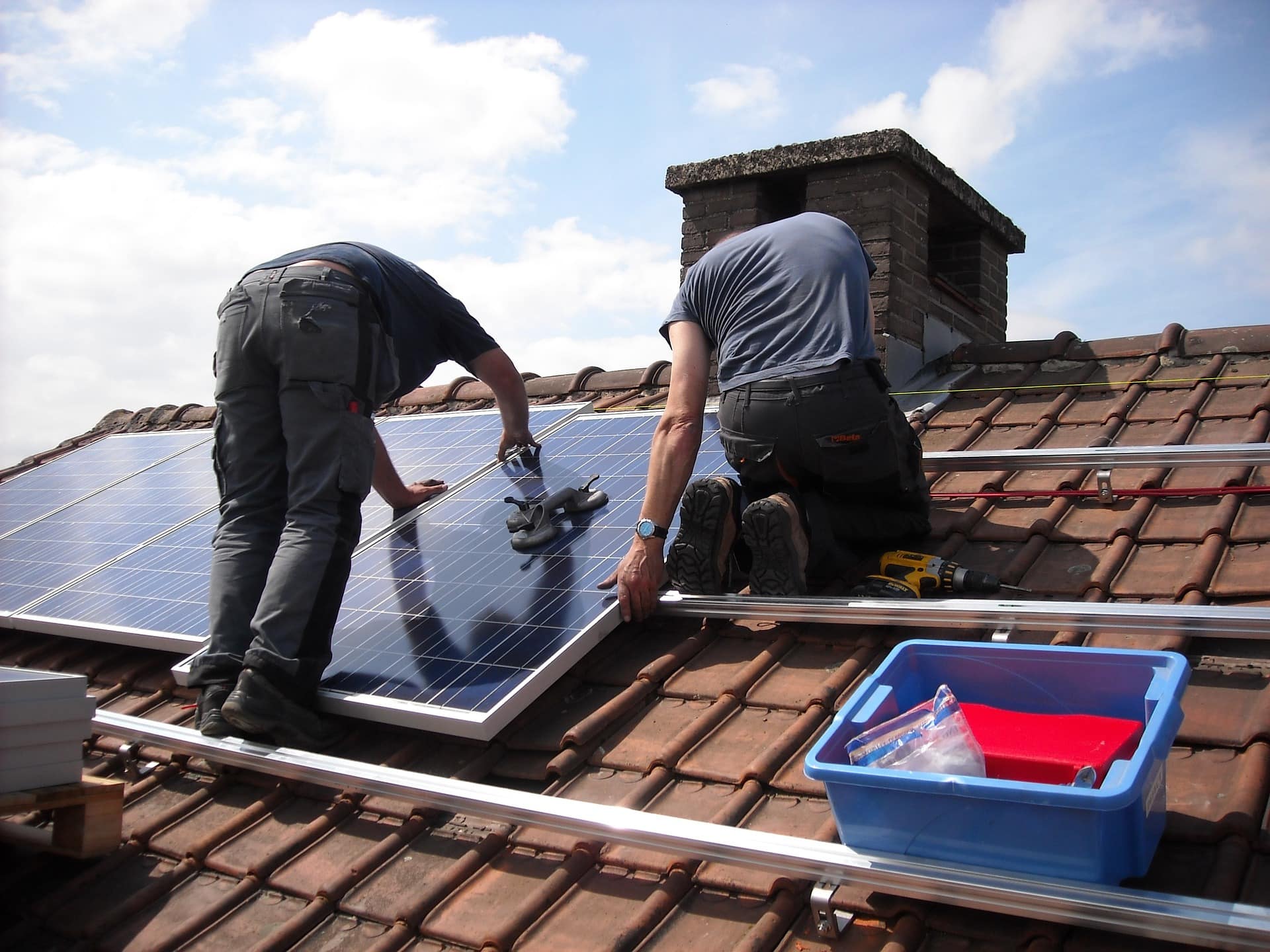
Don’t forget to investigate solar subsidies such as local and provincial or state incentives, federal tax credits, and utility rebates while setting up your budget.
There are a number of solar subsidies available for residential solar installation. Some of the most common include:
- Federal solar tax credit: The federal solar tax credit provides a 30% tax credit for the cost of solar panels installed on your home. This credit is available for systems installed between 2022 and 2032.
- State and local solar incentives: Many states and localities offer solar incentives, such as rebates, tax credits, and grants. These incentives can vary in size and eligibility requirements, so it’s important to check with your local government to see what’s available.
- Utility company rebates: Some utility companies offer rebates for solar installations. These rebates can help offset the cost of solar panels and make them more affordable.
- Solar leasing and PPAs: Solar leasing and PPAs are financing options allowing you to install solar panels on your home without paying for them upfront. With a solar lease, you pay a monthly fee to a solar company, and they own and maintain the solar panels. With a PPA, you also pay a monthly fee to a solar company, but you purchase the electricity generated by the solar panels.
It’s important to note that solar subsidies can change frequently, so it’s important to check with your solar installer or local government to see what’s available.
Brush up on local building codes.
Ensure everything is up to your local building codes, as doing research online might open you up to factoring in requirements for geography other than your own! This will qualify you for incentives.
It is better for you to contact your electrician earlier on to ensure your home solar panel installation is safe and up to snuff.
If you are still having doubts about installing your own solar panel at home, just think of the energy cost savings you could achieve.
And if you install solar panels on your own, you can have as much as up to 20%-80% savings on the cost of your solar electric system overall. These potential savings is worth doing a bit more research and buying a few more new tools!
This post was originally published on 3rd party site mentioned in the title of this site

